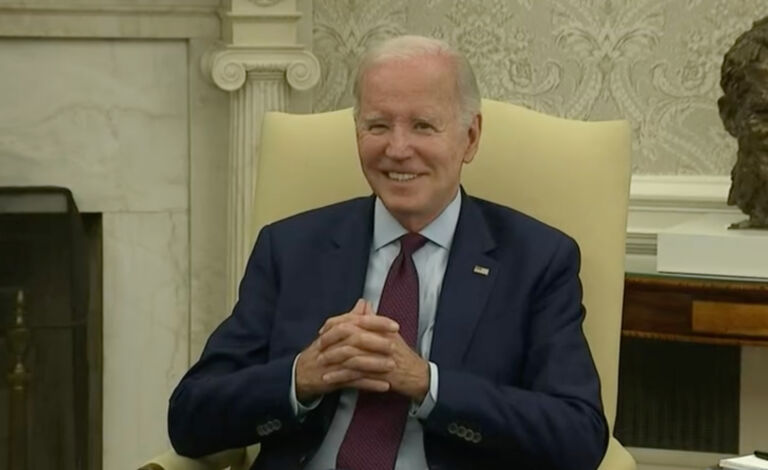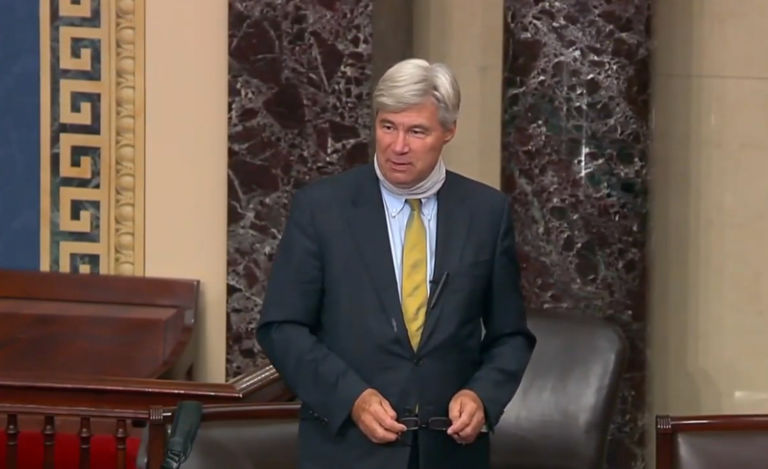In the Spotlight
The North Carolina Supreme Court recently issued its opinion in a case called Jones v. Keller. In a 5-2 opinion, the Court held that a prisoner (Alford Jones) serving a "life" sentence (defined as 80 years) was not unlawfully imprisoned regardless of the good behavior credits he earned.
- Life sentences between April 8, 1974 and June 30, 1978 were statutorily defined as 80 years. That was the sentence applicable to Jones.
- Department of Correction (DOC) regulations define good time, gain time, and merit time (for simplicity sake, "good behavior") credits as (according to the Court):
"[t]ime credits applied to an inmate’s sentence that reduce … the amount of time to be served" and state that "[g]ood time is sentence reduction credits awarded, at the rate of one day deducted for each day served in custody for good behavior and/or without an infraction of inmate conduct rules."
Analysis:
There’s nothing confusing about this issue. Jones was sentenced to serve 80 years, and the length of his sentence was supposed to be offset by these "good behavior" credits.
So how did the Court conclude otherwise? Through the use of judicial activision. Click here to read more.
Utilities Commission: The New Legislature?
While the following may not get the headlines (like most Utilities Commission issues that are buried so the public has no idea what is going on), a new constitutional issue has arisen that is a serious concern.
In very simple terms:
A biomass company (Peregrine) is upset that the state’s renewable energy mandate does not allow utilities to meet their renewable energy requirements through the use of thermal power from biomass. There generally is no dispute that the statute is clear on its face that thermal power isn’t allowed.
There is a provision in the statutes referred to as the "off-ramp" provision that allows the Utilities Commission to modify or delay provisions of the renewable energy requirement — this provision exists to allow the commission to make adjustments to the law so that utility companies can be in compliance when they have made reasonable efforts to do so but are unable to meet the requirements.
Admittedly, the "modify" language appears to be broad, but in the context of the law, it simply gives the commission the power to make adjustments regarding the specific renewable energy targets. A broader reading would make the law an unconstitutional delegation of power — for example, the General Assembly can’t just tell the commission to change the law as it would like without the legislature at least setting basic parameters on the limits of the commission’s power.
Peregrine wants the commission to ignore the explicit language of the statute and just rewrite the law. The company wants the commission to ignore the plain language of the statute and the will of the legislature and replace it with polices that they like. Doing so would amount to the commission having legislative power, which would be a violation of the separation of powers.
While the biomass issues may not sound exciting, everyone should be concerned by the fact that an unelected and unaccountable body might, in effect, try to create their own legislation.
The Utilities Commission is accepting comments on this proposal until September 8, 2010.
Quick Takes
Bureaucracy beyond reason — once again
Like almost all programs operated by government, Medicaid’s regulations are beyond complicated.
There are so many rules and regulations that even the bureaucrats who administer them are often confused as to their applications. Mix in another government agency, and the problem grows exponentially….
And that’s the underlying problem with the whole situation: Medicaid is so big, so complex and so mired in red tape that almost no one understands it. The same can be said for the U.S. tax system, environmental regulations, immigration policies and almost everything operated by the federal government. And state government is no better.
Federal court upholds signature requirements for independent U.S. House candidates
A U.S. District Court has upheld the North Carolina election law setting the signature requirements for an independent candidate to get on the ballot for the U.S. House. Judge Graham C. Mullen denied a request for summary judgment by Bryan Greene, who sought to have the statute ruled unconstitutional.
Greene argued that requiring an independent candidate to collect signatures from four percent of the registered voters in the district is unduly restrictive and discriminates against independent candidates because the number of signatures needed varies from district to district.


